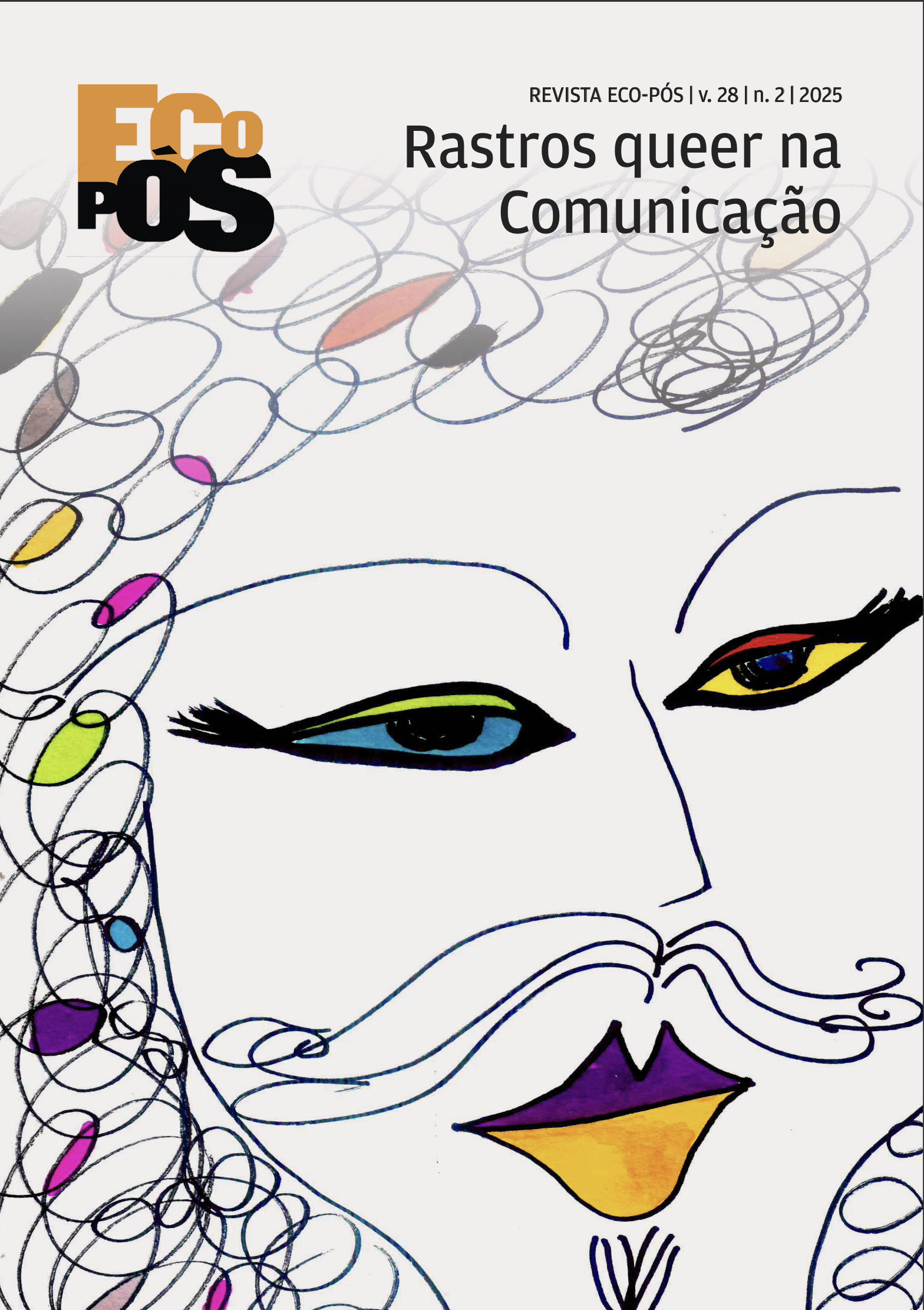QUEER STUDIES AGAINST ACADEMIC ELITISM: Poor queer studies, by Matt Brim.
Poor Queer Studies, de Matt Brim
DOI:
https://doi.org/10.29146/eco-ps.v28i2.28600Keywords:
estudos queer, pobre, elitismo, academia, sala de aulaAbstract
Matt Brim's book Poor Queer Studies (2020) offers a critical reflection on the material conditions in which Queer Studies develop in impoverished academic contexts, using his own teaching experience at the College of Staten Island (CUNY) as a laboratory. In contrast to elite universities, Brim highlights how institutional neglect, being the first generation to attend university, racialised belonging, and the need to balance study, work, and care profoundly mark the education of his students. His methodological approach is based on ethnographic and pedagogical observation of everyday life in the classroom, valuing everyday situations – such as mothers bringing their children to class or students adapting readings to the family environment – as practices that broaden the meaning of queer pedagogy. The author advocates the construction of “poor queer studies”, which recognise precariousness as a constitutive component of the field and as a critical force against academic elitism. By emphasising archives, experiences and peripheral knowledge, Brim proposes networks of solidarity and knowledge circulation that confront not only gender and sexuality normativity, but also the socioeconomic inequality that structures the university itself.
Downloads
References
BRIM, Matt. Poor Queer Studies: Confronting Elitism in the University. Duke University Press, 2020
KEENE, John. Counternarratives. New York: New Directions, 2016.
DE LAURETIS, Teresa. Queer theory: Lesbian and gay sexualities. Indiana University Press, 1991
Downloads
Published
How to Cite
Issue
Section
License
Copyright (c) 2025 PEDRO FELIX

This work is licensed under a Creative Commons Attribution-NonCommercial-NoDerivatives 4.0 International License.
Aos autores pertence o direito exclusivo de utilização ou reprodução.
Você tem o direito de:
- Compartilhar — copie e redistribua o material em qualquer meio ou formato.
- Adaptar — remixar, transformar e construir sobre o material para qualquer filme, mesmo comercial.
O licenciante não pode revogar esses direitos, desde que você respeite os termos da licença.
De acordo com os seguintes termos:
- Atribuição — Você deve dar o devido crédito, fornecer um link para a licença e indicar se essas alterações foram feitas. Você pode fazê-lo de qualquer maneira razoável, mas não de maneira que sugira que o licenciante endosse ou aprove seu uso.
- Sem restrições adicionais — Você não pode aplicar termos legais ou medidas de natureza tecnológica que restrinjam legalmente outros de fazer algo que a licença permite.
Aviso: A licença pode não fornecer todas as permissões necessárias para o uso pretendido. Por exemplo, outros direitos, como publicidade, privacidade ou direitos morais, podem limitar a maneira como você usa o material.











